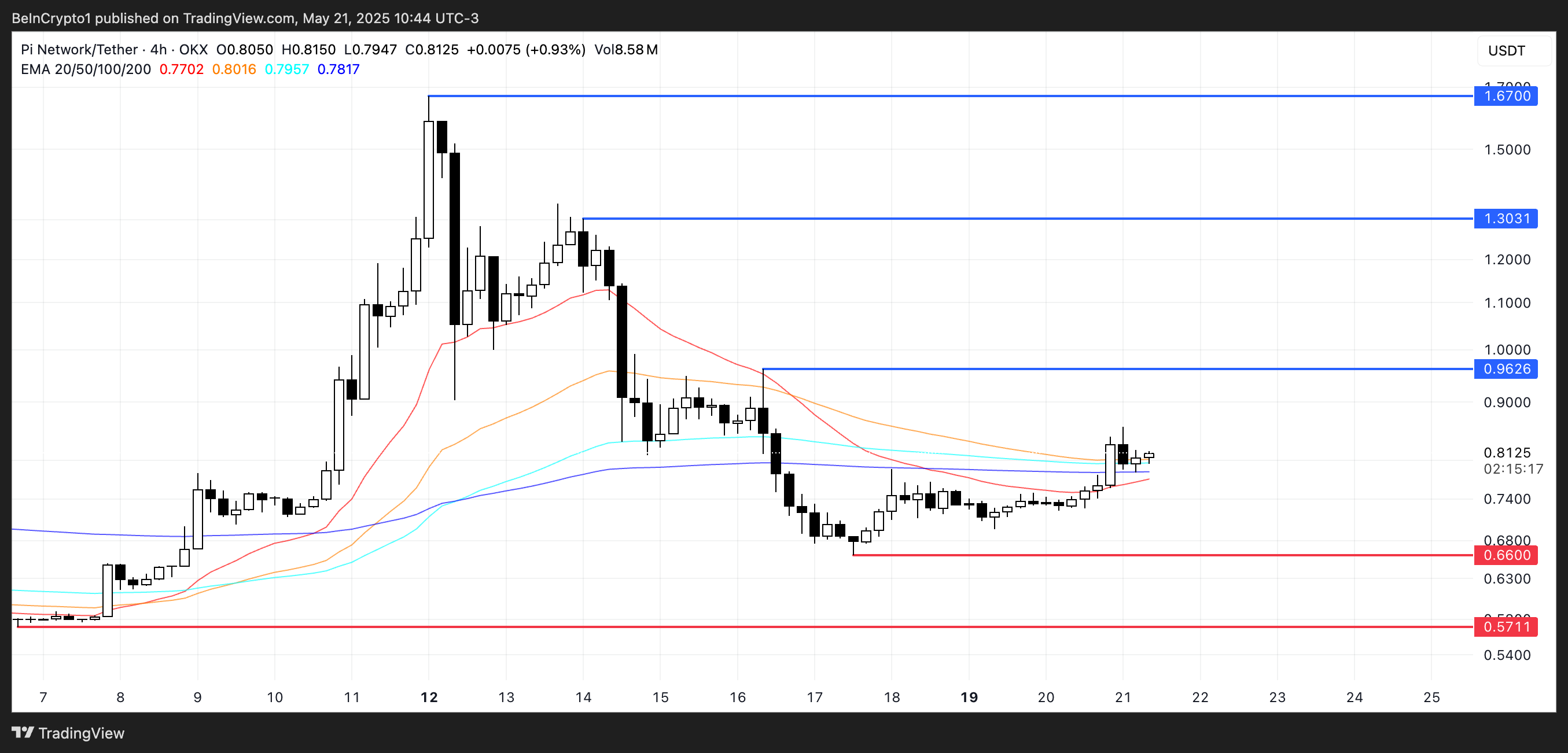Japan’s upcoming election of the House of Councillors (the Upper House) represents a critical inflection point for crypto tax policy, with potential ramifications extending far beyond domestic markets. The political dynamics surrounding this electoral contest could fundamentally reshape Japan’s regulatory landscape for digital assets.
Meanwhile, opposition momentum against the ruling LDP-Komeito coalition threatens established cryptocurrency taxation frameworks, creating unprecedented opportunities for comprehensive reform. Market participants are closely monitoring political developments as taxation policy emerges as a defining campaign issue with substantial Bitcoin market implications.
What You Should Know
Once among the world’s largest crypto markets, Japan’s dominance diminished following major hacking scandals like the Mt. Gox and Coincheck cases.
Still, Japan’s crypto market holds enormous potential as its size of personal financial assets is estimated at ¥2,000 trillion, equivalent to $13.5 trillion. However, high tax rates and complex loss calculations on crypto assets create significant investment barriers.
The July 20th election could fundamentally reshape Japan’s national governance structure, representing a pivotal moment for cryptocurrency policy.
As a result, opposition parties are gaining momentum while the ruling coalition struggles with tax reforms. The Japanese crypto industry closely watches potential changes to crypto tax classification. In particular, opposition parties advocate for separate taxation systems replacing the current miscellaneous income rules.
Election Outcome Forecast
The ruling LDP-Komeito coalition faces potential majority loss in the Upper House. Major outlet Yomiuri Shimbun projects historically low seat counts for both parties.
The House of Councillors contains 248 members serving six-year terms. Half the chamber gets elected every three years in staggered elections. This election covers 75 constituency seats plus 50 proportional representation positions.
The ruling coalition holds 66 seats among those up for election. This time, coalition parties need 50+ new seats to maintain overall majority control.
Ruling Coalition Seat Projections
Data from Japan’s three major national newspapers
 Critical Threshold
Critical ThresholdRecent polling suggests maximum coalition gains barely exceed 50 seats, optimistically. LDP projections range from 24-40 seats across major newspaper forecasts. Komeito faces potential historic lows with 6-13 projected seats maximum.
Opposition Victory Implications
Under the current system, crypto tax reaches 55% maximum rate under the miscellaneous income classification. The opposition Democratic Party for the People proposes a 20% separate tax system.
Victory could accelerate comprehensive crypto tax reform nationwide. Proposed changes include token-to-token transaction tax elimination and loss carryover provisions.
Lower barriers might trigger domestic investment capital re-influx into Bitcoin markets. Furthermore, institutional participation could increase through ETF approvals and regulatory clarity.
Ruling Coalition Continuity
The ruling coalition’s victory would likely limit tax reform to incremental changes. Historically, the Ministry of Finance, the coalition’s long-time ally, resists broad-based tax reduction measures.
Consequently, Bitcoin investment demand would remain constrained under existing high-tax frameworks.
The post Japan’s Upper House Election on Sunday: Bitcoin Market Implications appeared first on BeInCrypto.









